
Family and Teen Therapy
Growing up is all about accepting the reality of the human condition. All children are born needing and wanting someone to respond to them. Parents are the first responders and the shape and quality of their response will echo in the child’s pattern of relationships for the rest of their life.
Most parents care deeply about how their responses shape their child. They want their child to grow up, to learn to love and to build relationships for themselves. This noble desire is fraught with many challenges. Early in a child’s life, most parents can and do anticipate what their child desires so that any wanting and needing that the child endures isn’t overwhelming. Little by little, however, a parent’s job is to slowly teach their child how to want and need in an expanding world of people who are not devoted to preventing their hurt or disappointment.
Accepting hurt and disappointment as a part of the human condition, is one of the toughest things about growing up. Parents who are able to pass on this acceptance to their child are uniquely positioned to prepare their children to develop the courage and creativity to respond this fundamental part of life. It is a beautiful thing. Curiously though, there is something about becoming a parent that makes all the ways a person hasn’t grown up in this area, come to the surface. Needing and wanting despite the risk of hurt and disappointment is not easy. Talking about it is even harder.
Instead of acceptance, many parents pass on their own childhood legacy of shame, of avoidance, of anger or worst of all, the fantasy of a life without disappointment or hurt. The children of these legacies grow up to be desperate, anxious or angry themselves. It is only through shared acceptance that life doesn’t always turn out as we might like and that sometimes it hurts, that a parent can join their child in learning to form a response to a world that will never quite meet up with their expectations of it.
The possibility for a response opens the window for the true self to emerge, grow and develop. Parenting is a second chance to redeem all the old legacies that hide the true self from this opportunity. It is a gift that life gives to all parents and a gift that only a parent can give to their child.




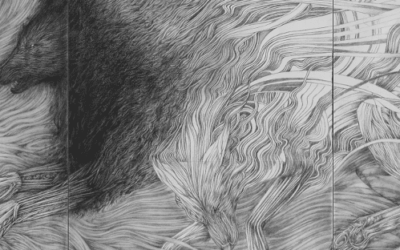















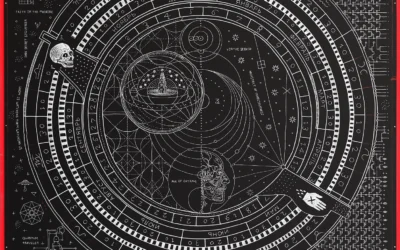
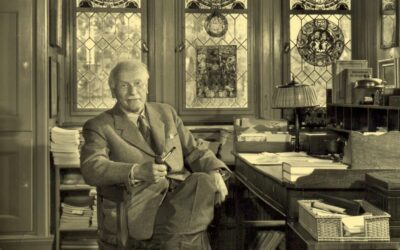

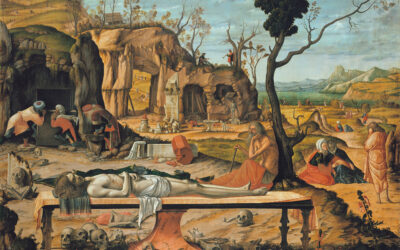

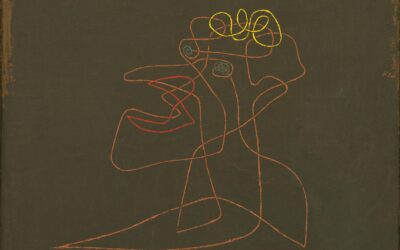
0 Comments